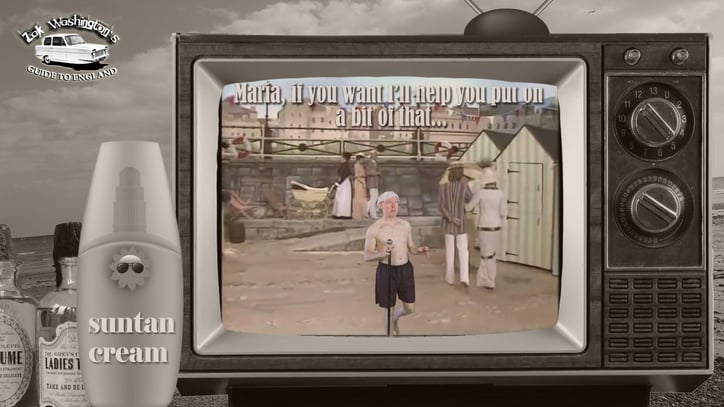
What is important with ‘can’ and ‘could’ is to understand the context in which the word is used.
Is it for offers, suggestions, prohibition, permission, ability, or deduction?
Most people will tell you that ‘can’ is the present and ‘could’ the past. Often but not always.
If ‘can’ is used to mean ‘to be able to’, then it becomes ‘could’ in the past.
‘I was able to run around all day,’ and ‘I could run around all day,’ are the same in meaning.
But if you look at a sentence like: ‘He could be at home,’ we are clearly talking about the present. The past of this sentence would be ‘He could have been at home.’
What are the forms of pronunciation in British English, in positive and negative?
What is the difference between American and British pronunciation?
British English is characterised by longer, more exaggerated vowel sounds; Americans and Canadians tend to use more compact vowel sounds.
‘Can’ in Britain and the US is similar. In it’s negative form ‘can’t’, the sound is completely different.
Americans simply put a ‘t’ on the end, retaining the same vowel sound in both the negative and positive words.
In Britain, ‘can’t’ is pronounced with a long vowel sound /ka:nt/. The ‘a’ should sound like the ‘a’ in ‘start’, ‘heart’, or ‘aunt’. This perhaps won’t appear very important to you. It is. You should consider that the next word is usually a verb beginning with a consonant, and consequently native speakers often don’t pronounce the final ‘t’ in ‘can’t.’ Say ‘I can’t talk now’. Try and pronounce both ‘t’s. It’s almost impossible. We pronounce only one ‘t’. Therefore the only difference between ‘I can talk,’ and ‘I can’t talk,’ is the sound of the ‘a’ in ‘can’t’.
Practice this with your teacher, and please remember that one of the most offensive words in English sounds very similar to ‘can’t’. (See lesson 16 of ZakWashington's Guide to England for more discussion.)
Remember that long vowels are considered to be good eloquent English. The reason the royal family and the British aristocracy are so boring is because their vowels are so long. It takes them twice as long as anyone else to say anything.

